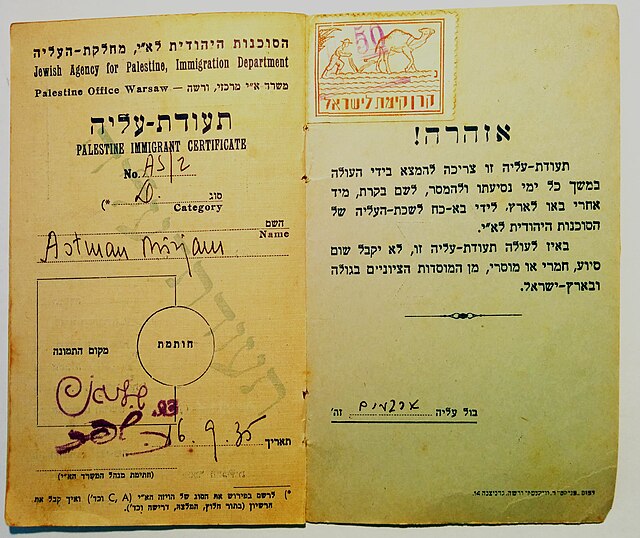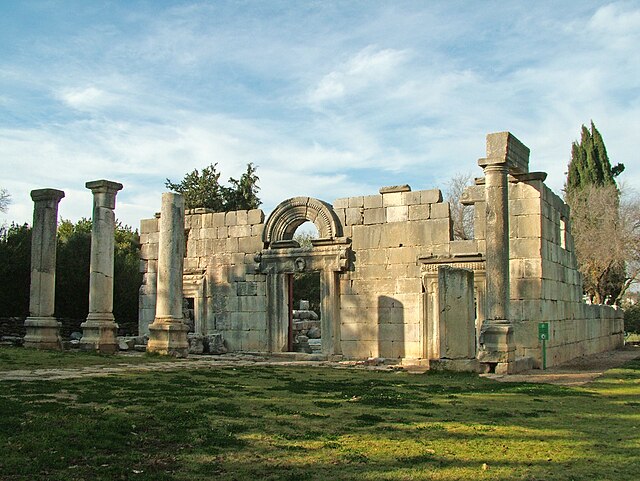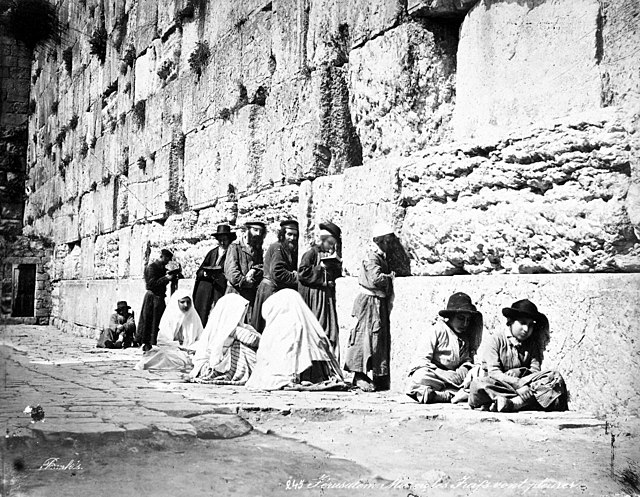Aliyah is the immigration of Jews from the diaspora to, historically, the geographical Land of Israel or the Palestine region, which is today chiefly represented by the State of Israel. Traditionally described as "the act of going up", moving to the Land of Israel or "making aliyah" is one of the most basic tenets of Zionism. The opposite action — emigration by Jews from the Land of Israel — is referred to in the Hebrew language as yerida. The Law of Return that was passed by the Israeli parliament in 1950 gives all diaspora Jews, as well as their children and grandchildren, the right to relocate to Israel and acquire Israeli citizenship on the basis of connecting to their Jewish identity.
Abba Hushi during his Hachshara, circa 1920
Survey of Palestine, showing place of origin of immigrants between 1922 and 1944
Certificate issued by the Jewish Agency in Warsaw, Poland, for immigrant to Mandatory Palestine, September 1935.
Buchenwald survivors arrive in Haifa to be arrested by the British, July 15, 1945
Israel, officially the State of Israel, is a country in the Southern Levant region of West Asia. It is bordered by Lebanon to the north, Syria to the northeast, Jordan to the east, the Red Sea to the south, Egypt to the southwest, the Mediterranean Sea to the west, and the Palestinian territories – the West Bank along the east and the Gaza Strip along the southwest. Tel Aviv is the country's financial, economic, and technological center. Israel’s governmental seat is in its proclaimed capital of Jerusalem, although Israeli sovereignty over East Jerusalem is of limited international recognition.
The Merneptah Stele (13th century BCE). The majority of biblical archeologists translate a set of hieroglyphs as Israel, the first instance of the name in the record.
3rd-century Kfar Bar'am synagogue in the Galilee
Jews at the Western Wall in the 1870s
The First Zionist Congress (1897) in Basel, Switzerland








